© Geran de Klerk
The Opportunity
Hundreds of millions of people around the world have never heard of wilderness or its role in human survival. Many languages don’t even have a word for “wilderness.”
Solution
The longest-running, public environmental forum to build awareness and support for wilderness, and strengthen wilderness policy from grassroots decision-making to national policy.
How can you protect what doesn’t even have a name?
In many countries around the world, wilderness lacks formal status as a protected nature area. Sometimes it even lacks a culturally recognized word. In such a context, how can a society truly appreciate the wild nature upon which all life depends? The World Wilderness Congress (WWC) launched over forty five years ago, sparked by Magqubu Ntombela – a Zulu elder and one of WILD’s two founders – and his sense of urgency that “more needs to be done.” Since then, the WWC has given rise to an international community that places the protection of wild nature front and center before world leaders. Occurring ten times in four decades, it has produced hundreds of practical outcomes, including:
- Pioneering true partnering between global conservation and traditional/Indigenous communities.
- Initiating the process that would lead to the World Bank’s Global Environmental Facility.
- Establishing dozens of new public and private protected areas covering millions of acres of land.
- Multi-lateral efforts to restore and protect wilderness across national boundaries.
- Numerous new organizations to address new and urgent needs in conservation communications, regional protected areas, and global policy issues.
- Launched Nature Needs Half, the global vision and practice to protect and restore half of wild nature on land and sea, the necessary human-nature relationship called for by both contemporary and traditional science.
The 11th World Wilderness Congress was planned for India in March 2020. WILD11 was necessarily postponed due the pandemic – just two weeks before convening with 2000 delegates and a program shaped to produce many practical outcomes through the format of high-impact storytelling and new global alliances. For now, some of the outcomes that proceeded from the planning are here, and the Executive Committee continues to meet and assess the best opportunities to reschedule. Stay tuned!
The story of using WILD9 to help create a 3 million acre transboundary protected area. The World Wilderness Congress achieves many inspiring and practical solutions for wild nature and people. In this brief video, two former Ministers– Juan Elvira (Mexico) and Kenneth Salazar (USA) – share their story of working with WILD’s team planning WILD9 (9th WWC, Mexico, 2009) to create a transboundary, bi-national protected area of 3 million acres (1.2 million hectares).
Some of the Leaders Involved:
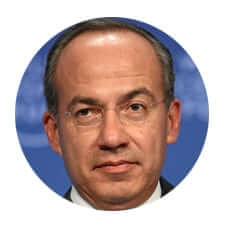
Felipe Calderon
56th President of Mexico
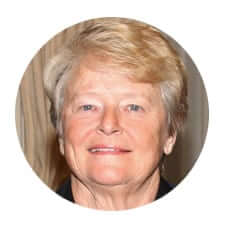
Gro Harlem Brundtland
22nd Prime Minister of Norway
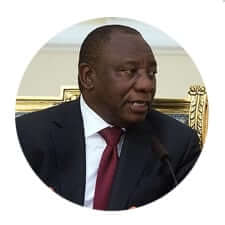
Cyril Ramaphosa
President of South Africa
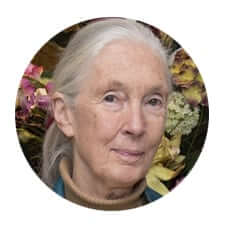
Jane Goodall
Primatologist & UN Messenger of Peace
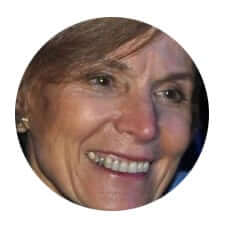
Sylvia Earle
Marine Biologist & National Geographic Explorer In-Residence
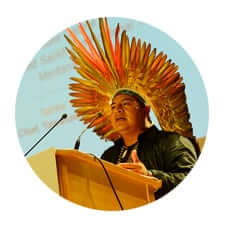
Tashka Yawanawa
Chief of the Yawanawa People
IMPACT
Policy
For the first time in decades, wilderness is on the global policy agenda at major institutions, such as the United Nations, and at a national level in many countries. This is unlikely to have occurred without the help of the World Wilderness Congress.
Land
New conservation solutions and protected areas have emerged as a part of the lead to each and every Congress. These solutions support dozens of species throughout the world and protect millions of acres of land.
Inclusivity
The Congress is public, bringing together leaders from all sectors of society, including Indigenous Peoples, entrepreneurs, finance executives, politicians, scientists, and artists. This strengthens problem-solving at each Congress.